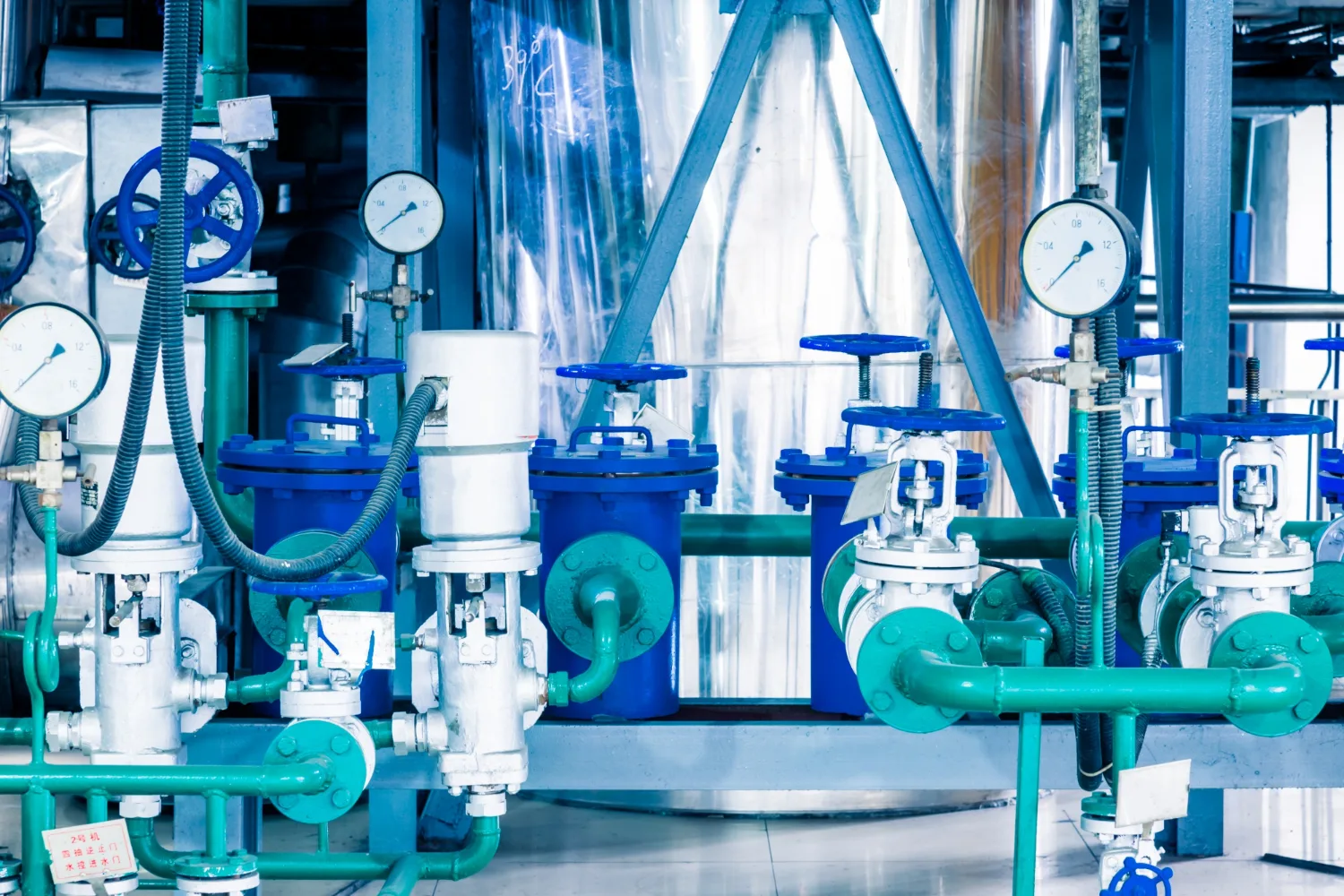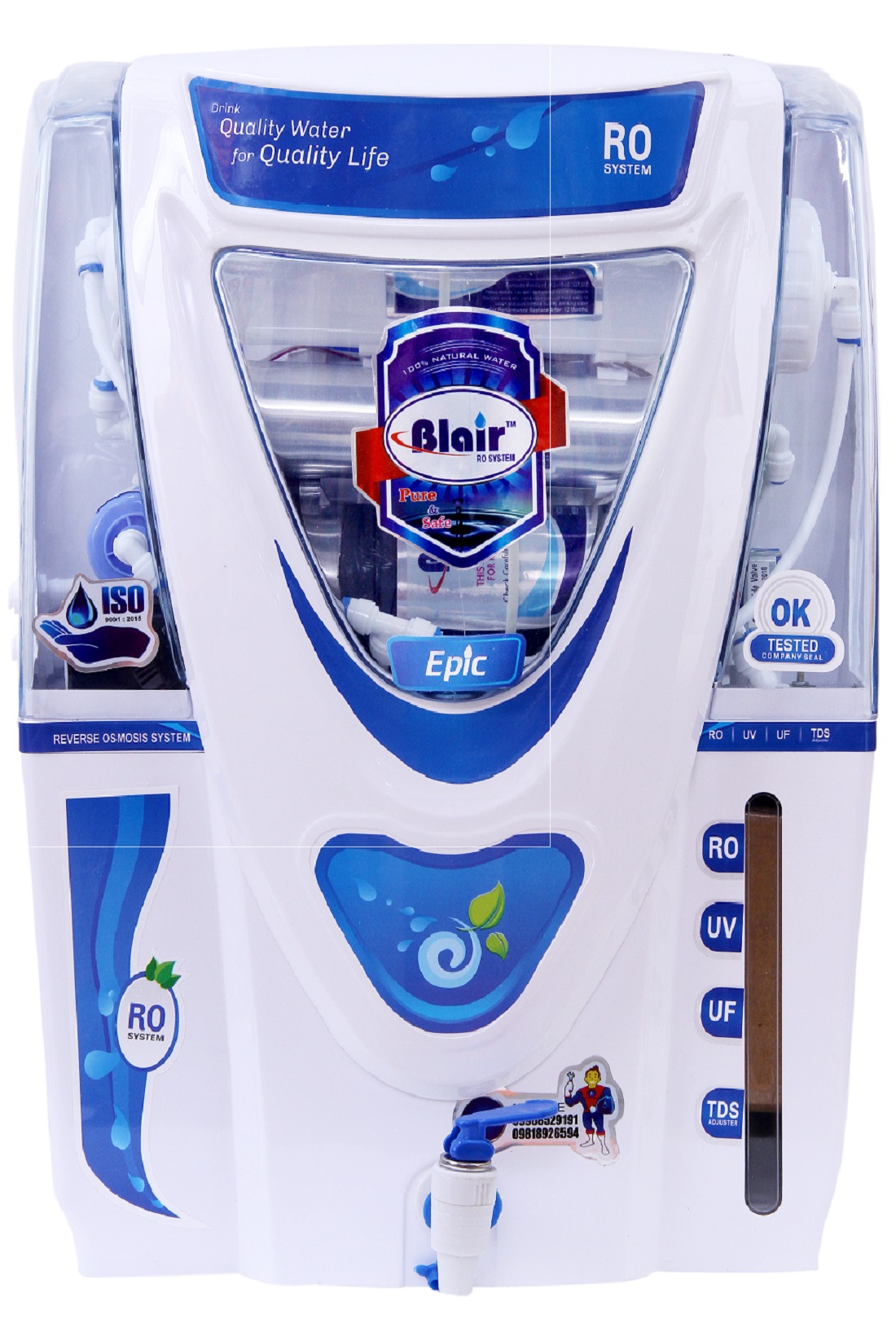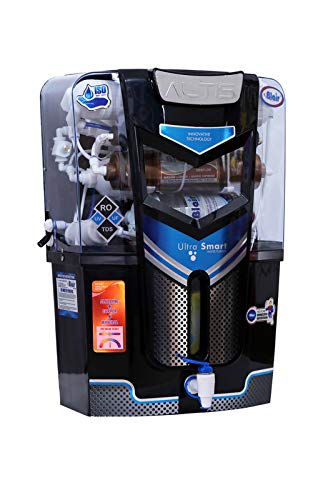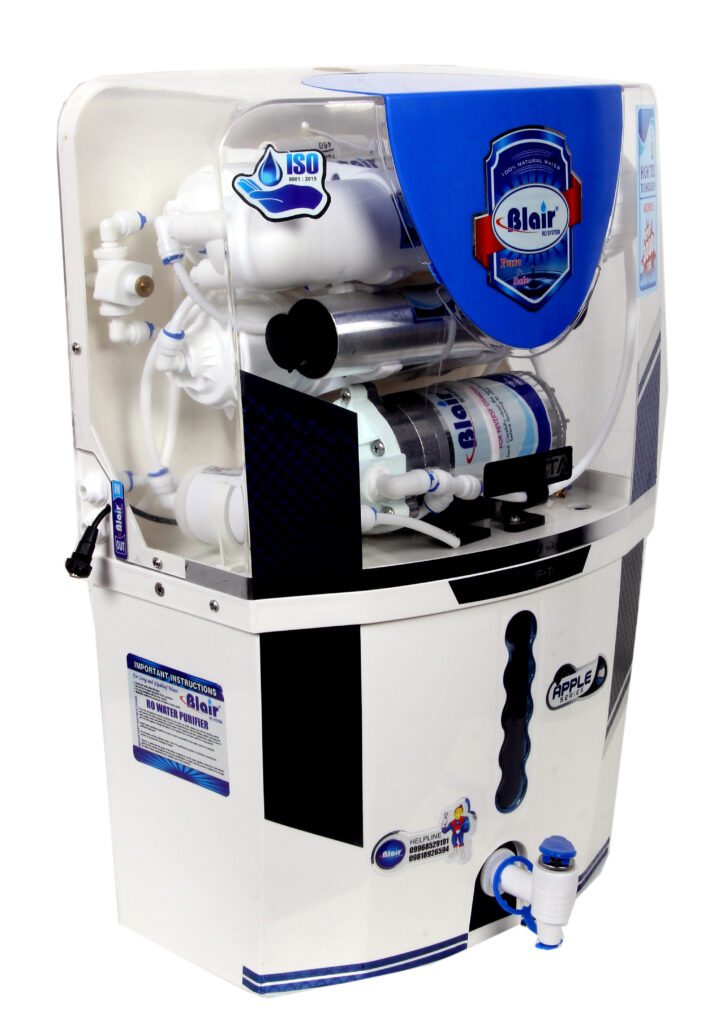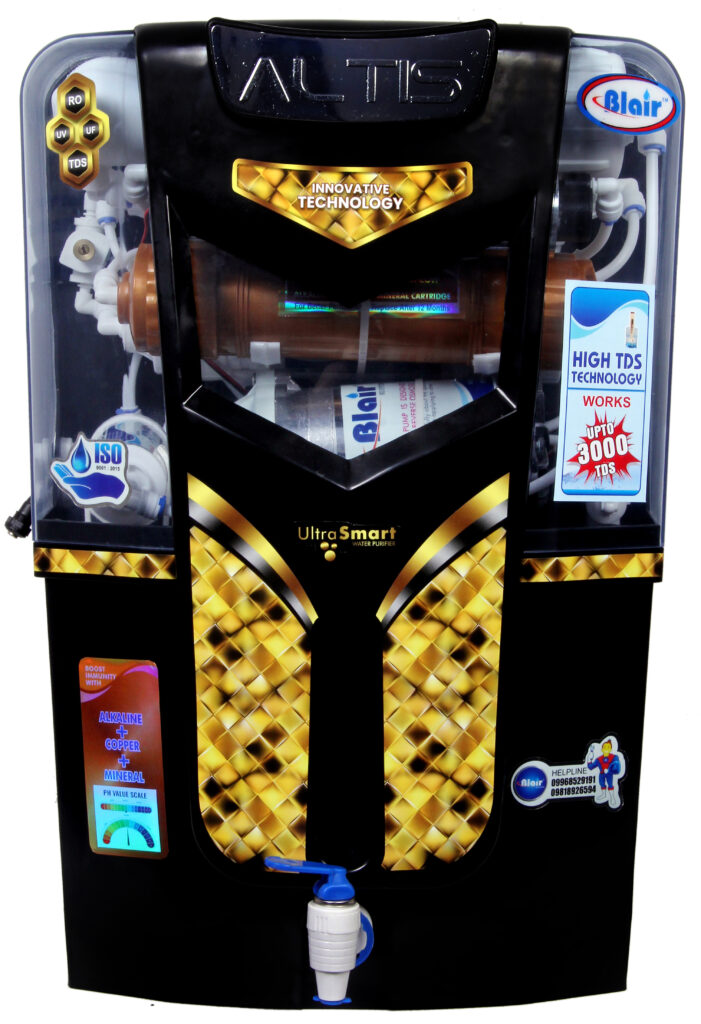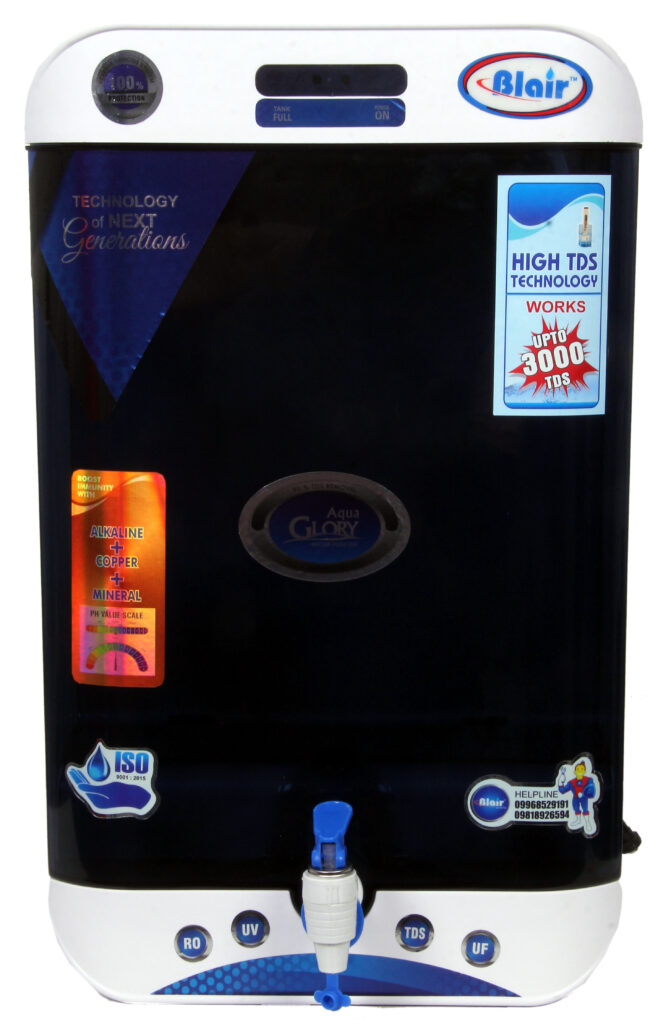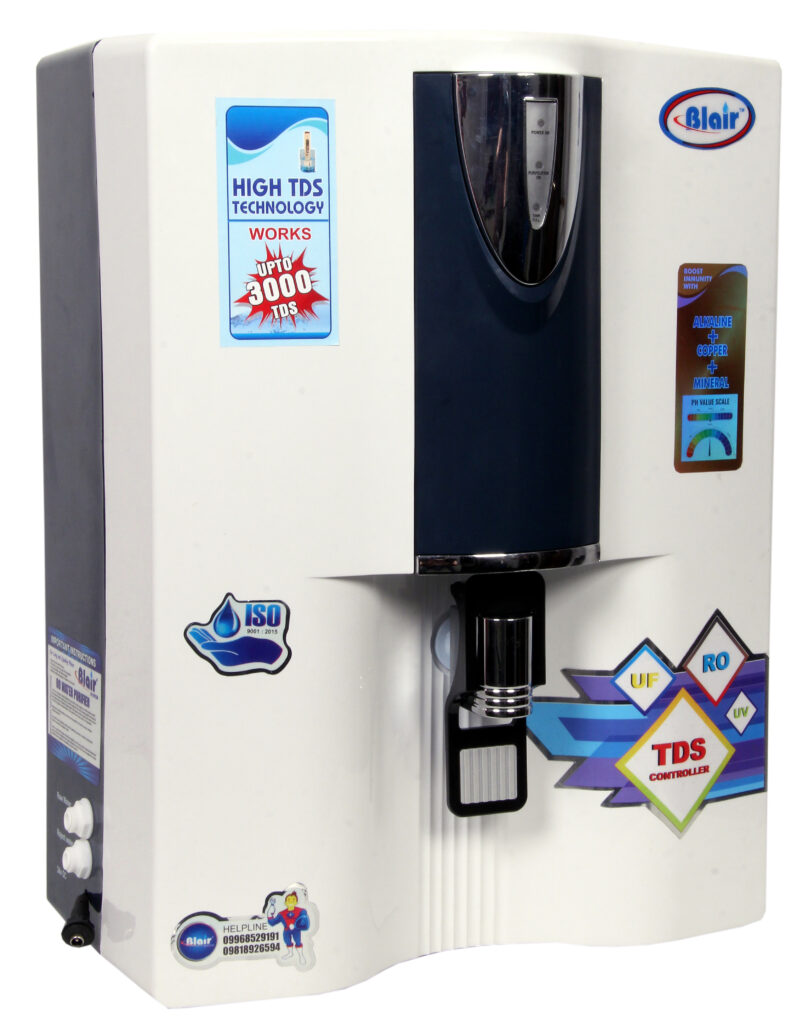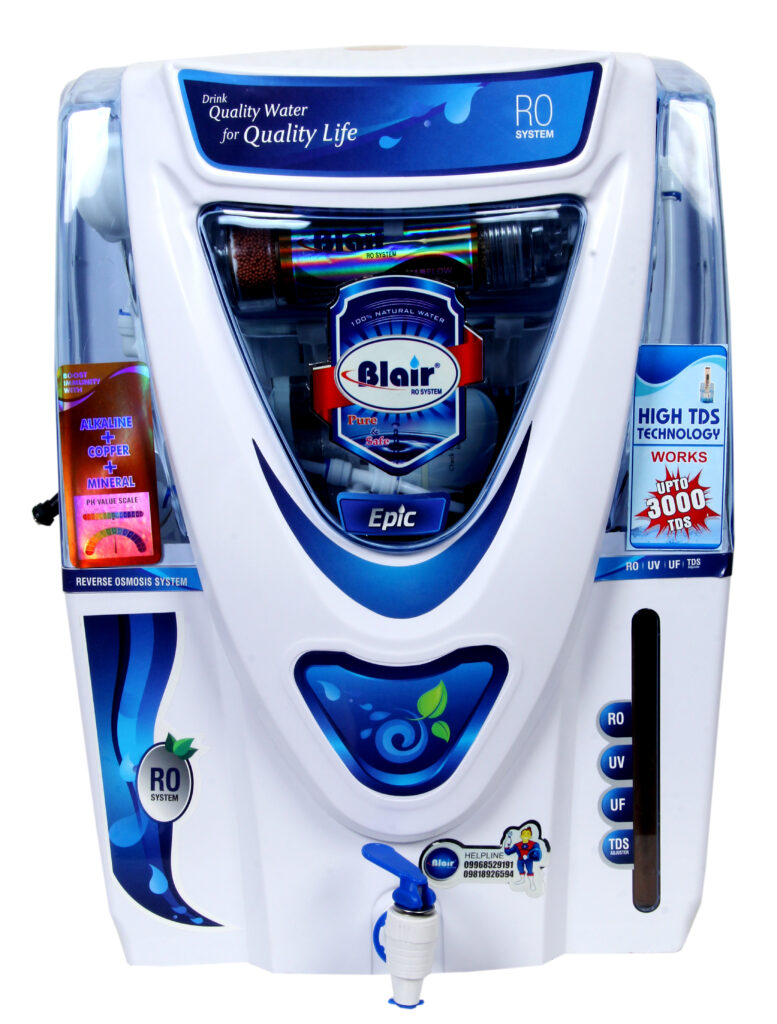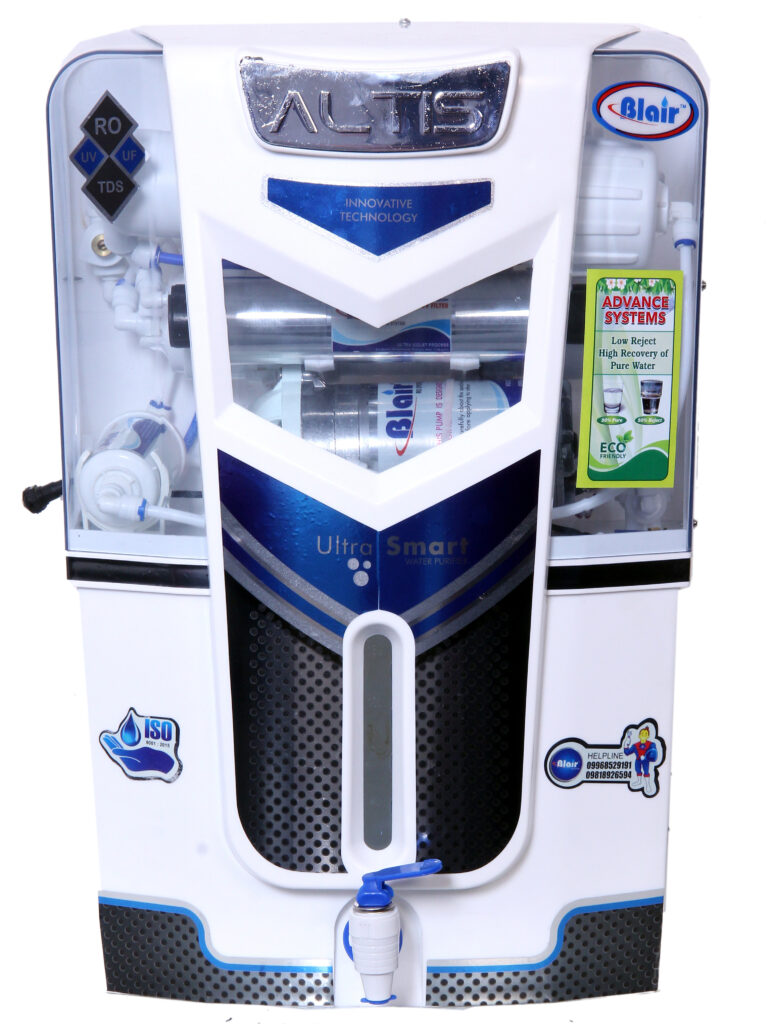Water is the most essential element for life, but not all water is pure and safe to drink. In fact, according to a report by the World Health Organization, more than two billion people lack access to safely managed drinking water services. That’s why many people opt for water purifier plants to ensure that they get pure and clean water for their domestic, industrial, or commercial needs.
But what is a water purifier plant and how does it work? In this blog post, we will explain the basics of water purification, the different types of water purifier plants, and the benefits of having one.
“Water purifier plants are essential facilities that provide pure and clean water for various purposes.”
-Blair Water Purifier
What is water purification?
Water purification is the process of removing contaminants from water to make it suitable for a specific purpose. Water can contain various types of contaminants, such as:
- Physical contaminants: These are substances that affect the appearance, taste, odor, or temperature of water, such as sand, silt, clay, rust, algae, etc.
- Chemical contaminants: These are substances that affect the chemical composition or pH of water, such as salts, metals, pesticides, fertilizers, drugs, etc.
- Biological contaminants: These are organisms that can cause diseases or infections in humans or animals, such as bacteria, viruses, parasites, fungi, etc.
- Radiological contaminants: These are substances that emit radiation and can cause health problems or environmental damage, such as uranium, radium, cesium, etc.
It aims to remove these contaminants from water using various methods, such as:
- Filtration: This method uses a physical barrier or a porous material to trap or separate the contaminants from water. Examples of filtration devices are sand filters, carbon filters, membrane filters, etc.
- Sedimentation: This method uses gravity to separate the heavier contaminants from water. The water is allowed to settle in a tank or a basin and the contaminants sink to the bottom. The clear water is then collected from the top.
- Coagulation and flocculation: This method uses chemicals to make the contaminants stick together and form larger particles called flocs. The flocs are then removed by sedimentation or filtration.
- Distillation: This method uses heat to vaporize water and leave behind the contaminants. The water vapor is then condensed into liquid water again.
- Reverse osmosis: This method uses pressure to force water through a semi-permeable membrane that blocks the contaminants. The purified water passes through the membrane and the contaminants are left behind.
- Ultraviolet (UV) disinfection: This method uses UV rays to kill or deactivate the biological contaminants in water. The UV rays damage the DNA or RNA of the microorganisms and prevent them from reproducing or infecting.
- Chlorination: This method uses chlorine or chlorine compounds to kill or deactivate the biological contaminants in water. Chlorine also acts as a residual disinfectant that prevents recontamination of water.
What are the types of water purifier plants?
Water purifier plants are facilities that use one or more of these methods to purify large quantities of water for various purposes. Water purifier plants can be classified into different types based on their source of raw water, their output of purified water, and their scale of operation. Some of the common types of water purifier plants are:
- Surface water purifier plants:
These are plants that use surface water sources such as rivers, lakes, reservoirs, etc. as their raw water. Surface water purifier plants usually require multiple stages of purification to remove the physical, chemical, biological, and radiological contaminants from water. Surface water purifier plants can produce drinking water or industrial water depending on their standards and regulations. - Groundwater purifier plants:
These are plants that use groundwater sources such as wells, boreholes, springs, etc. as their raw water. Groundwater purifier plants usually require fewer stages of purification than surface water purifier plants because groundwater is generally cleaner and less contaminated than surface water. Groundwater purifier plants can produce drinking water or industrial water depending on their standards and regulations. - Seawater desalination plants:
These are plants that use seawater as their raw water and remove the salt and other minerals from it. Seawater desalination plants usually use reverse osmosis or distillation as their main methods of purification. Seawater desalination plants can produce drinking water or industrial water depending on their standards and regulations. - Wastewater treatment plants:
These are plants that use wastewater from domestic, industrial, or commercial sources as their raw water and treat it to make it reusable or safe for disposal. Wastewater treatment plants usually use physical, chemical, biological, and sometimes advanced methods of purification to remove the organic matter, nutrients, pathogens, and pollutants from wastewater. Wastewater treatment plants can produce recycled water for irrigation, landscaping, toilet flushing, etc., or effluent water for discharge into water bodies or land.
What are the benefits of water purifier plants?
Water purifier plants have many benefits for the society, the environment, and the economy, such as:
- Improving public health:
Water purifier plants provide safe and clean water for drinking, cooking, bathing, and other domestic purposes. This reduces the risk of waterborne diseases and infections, such as diarrhea, cholera, typhoid, dysentery, etc., that can cause morbidity and mortality, especially among children and vulnerable groups. Water purifier plants also improve the hygiene and sanitation conditions of the communities and prevent the spread of epidemics and pandemics. - Protecting the environment:
Water purifier plants prevent the contamination of natural water resources by treating the wastewater and effluent before discharging them. This reduces the pollution load and the ecological impact of human activities on the water bodies and the aquatic life. Water purifier plants also conserve water by recycling and reusing it for various purposes, such as irrigation, landscaping, toilet flushing, etc. This reduces the water demand and the stress on the water sources. - Boosting the economy:
Water purifier plants support various sectors of the economy that depend on water for their production and operation, such as agriculture, industry, commerce, tourism, etc. Water purifier plants provide reliable and quality water for these sectors and enhance their productivity and profitability. Water purifier plants also create employment opportunities and income generation for the people involved in their construction, operation, maintenance, and management.
Conclusion
Water purifier plants are essential facilities that provide pure and clean water for various purposes. They use different methods of purification to remove contaminants from water and make it suitable for a specific use. Water purifier plants can be classified into different types based on their source of raw water, their output of purified water, and their scale of operation. Water purifier plants have many benefits for the society, the environment, and the economy.
If you are interested in learning more about water purifier plants or installing one for your home or business, you can visit some of the websites listed below:

